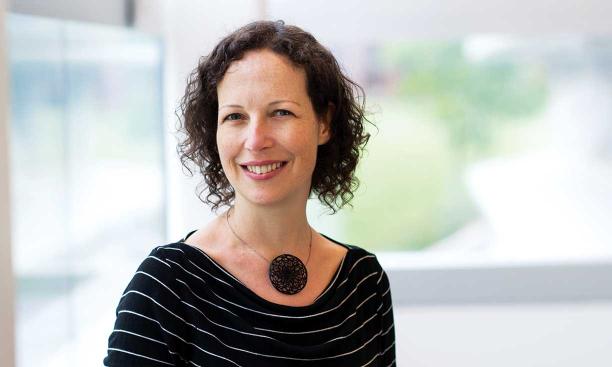Professor Yael Niv spent much of her career on basic research, content to puzzle over the fundamental principles of human learning, memory, and decision-making without much of an eye to how they could be applied. But that all changed in 2012, when she attended a talk by the Swiss neuroscientist Klaas Stephan, who opened with a challenge to his fellow computational cognitive neuroscientists: Psychiatry is in trouble, he declared, and it’s our fault.
Stephan saw a problem in the communication between psychiatry — the medical field dealing with disorders of cognition, emotion, and mental well-being — and the young field of computational cognitive neuroscience. That field uses new neuroimaging techniques, behavioral studies, and computer models “to understand the processes of learning, memory, attention, cognitive control, in a way that really was not there 30 years ago,” says Niv. But Stephan worried that neuroscientists weren’t talking to psychiatrists about the medical conditions that they and their patients spend every day trying to understand. To read the full story.

